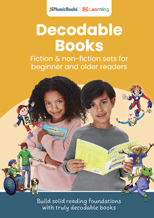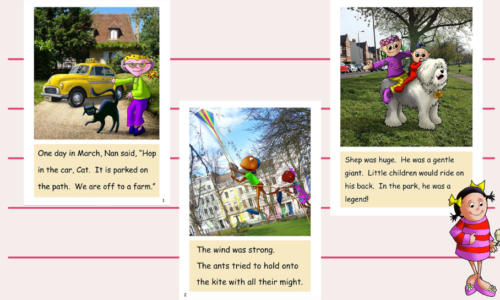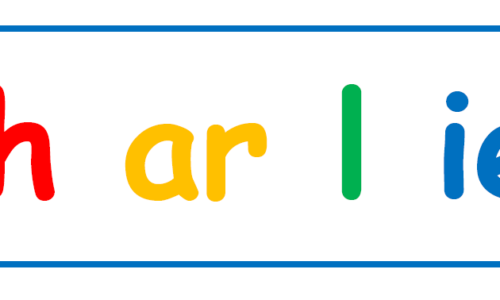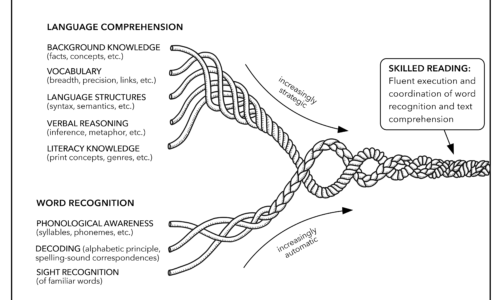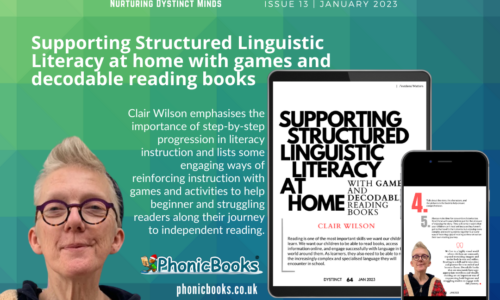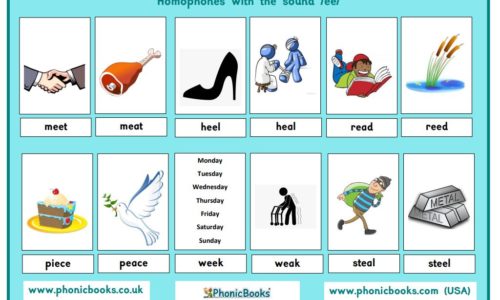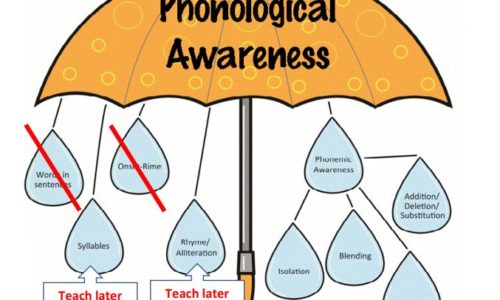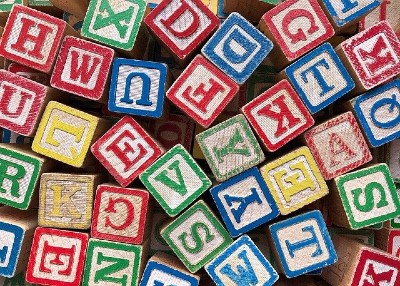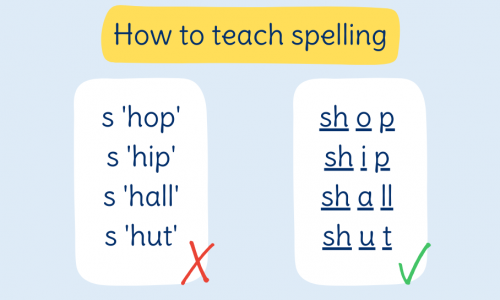
It is not uncommon for reading interventionists to encounter students who try to use words within words as a spelling strategy. Some teachers may think that helping students remember how to spell a word that they can already spell, e.g., the word ‘hat’, may be useful to teach the word ‘that’. They then teach the […]
Read More
